Dinkić wants to unfreeze wages in September
Economy Minister Mlađan Dinkić says he would suggest to the International Monetary Fund (IMF) that public sector wages in Serbia be unfrozen in September.
Tuesday, 09.03.2010.
14:49

Economy Minister Mladjan Dinkic says he would suggest to the International Monetary Fund (IMF) that public sector wages in Serbia be unfrozen in September. Addressing the Kopaonik Business Forum on Tuesday, Dinkic said he would propose that a formula for increase of salaries be “the inflation rate plus one half of growth of the GDP”. Dinkic wants to unfreeze wages in September “This will cost the country RSD 10bn maximum this year, which is 0.3 percent of the GDP," he said, and pointed out that it would have "much bigger effect on increased domestic spending". The minister also announced new loans to increase the citizens’ purchasing power and said that he would suggest that these be dinar loans with three years payment deadline and a year of grace period. Dinkic told the gathering that he thought Serbia should adopt those models of economic growth based on export and attracting of FDI. "The Situation in Belgrade is not as dramatic as in other parts of Serbia," Dinkic said and added that high unemployment rates and low purchasing power were the current challenges faced by the government. He also pointed out that loans for public infrastructure were necessary and stressed that loans worth about EUR 1.2bn for that purpose had already been ensured from international financial institutions. NBS Governor Radovan Jelasic also addressed the forum today to day that "f Serbia continues to base its economic growth on excessive domestic spending, it could lead it to a 'Greek scenario'." He emphasized that "Serbia’s problem was domestic demand", and that an increase of current spending could not be a solution, advising instead more public investments, "for which the money has already been secured". The central bank chief stressed that the biggest challenges in 2010 would be current spending, and the to which salaries and pensions will be determined by politics rather than "economic categories". He noted that the Serbian dinar lost 30 percent against the euro since September 2008. According to Jelasic, the inflation in 2009 remained within the planned figure. Dinkic, center, in Kopaonik today (Beta)
Dinkić wants to unfreeze wages in September
“This will cost the country RSD 10bn maximum this year, which is 0.3 percent of the GDP," he said, and pointed out that it would have "much bigger effect on increased domestic spending".The minister also announced new loans to increase the citizens’ purchasing power and said that he would suggest that these be dinar loans with three years payment deadline and a year of grace period.
Dinkić told the gathering that he thought Serbia should adopt those models of economic growth based on export and attracting of FDI.
"The Situation in Belgrade is not as dramatic as in other parts of Serbia," Dinkić said and added that high unemployment rates and low purchasing power were the current challenges faced by the government.
He also pointed out that loans for public infrastructure were necessary and stressed that loans worth about EUR 1.2bn for that purpose had already been ensured from international financial institutions.
NBS Governor Radovan Jelašić also addressed the forum today to day that "f Serbia continues to base its economic growth on excessive domestic spending, it could lead it to a 'Greek scenario'."
He emphasized that "Serbia’s problem was domestic demand", and that an increase of current spending could not be a solution, advising instead more public investments, "for which the money has already been secured".
The central bank chief stressed that the biggest challenges in 2010 would be current spending, and the to which salaries and pensions will be determined by politics rather than "economic categories".
He noted that the Serbian dinar lost 30 percent against the euro since September 2008.
According to Jelašić, the inflation in 2009 remained within the planned figure.






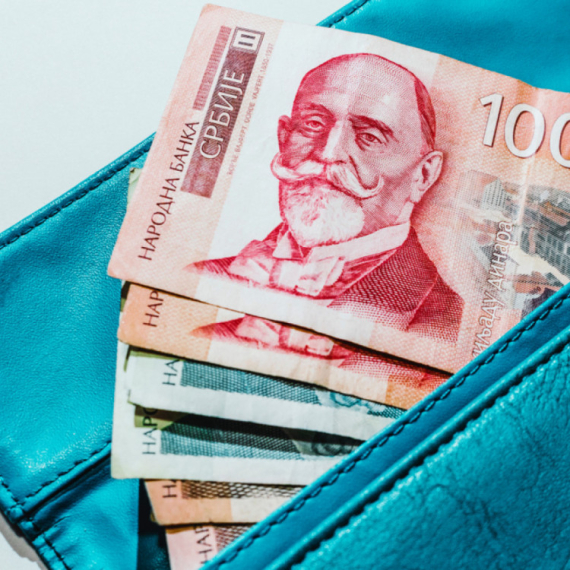



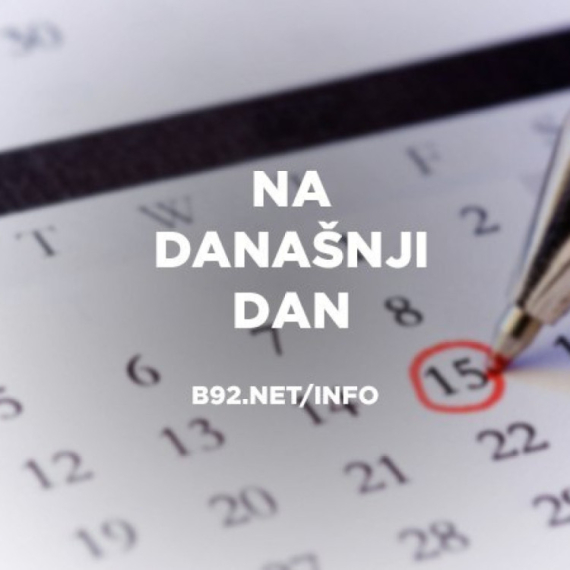
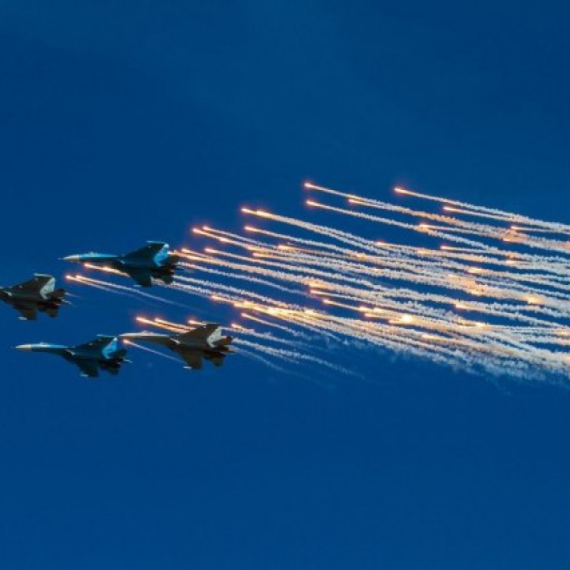

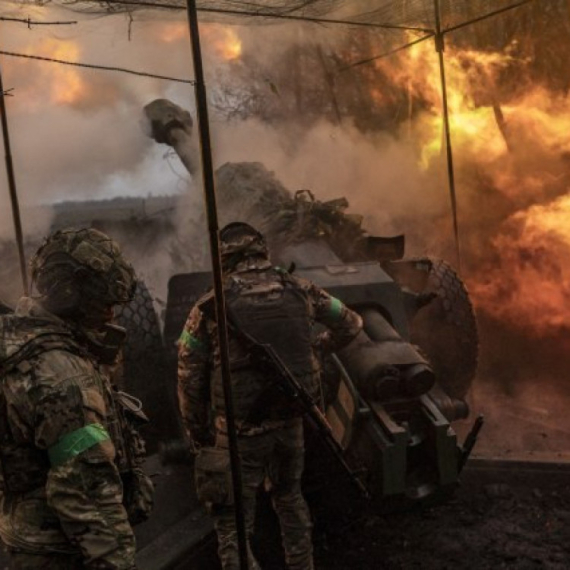

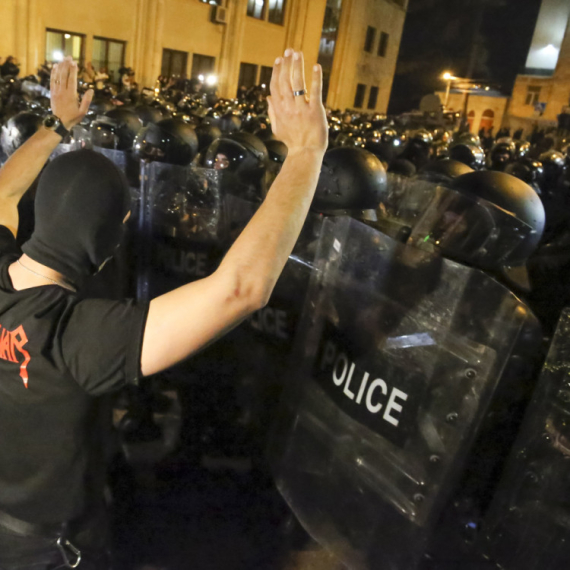
































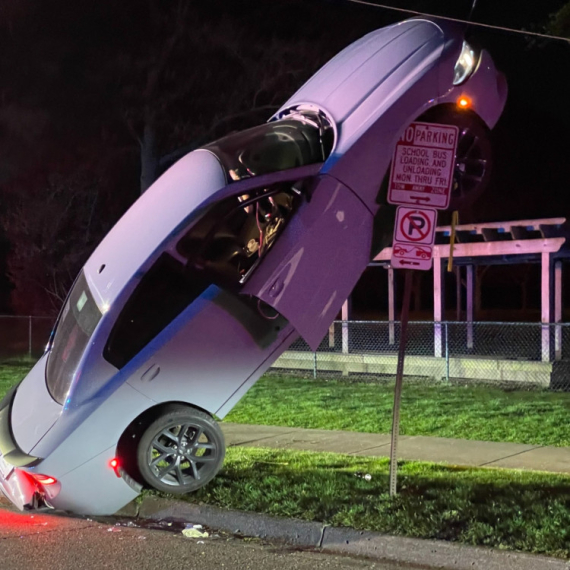

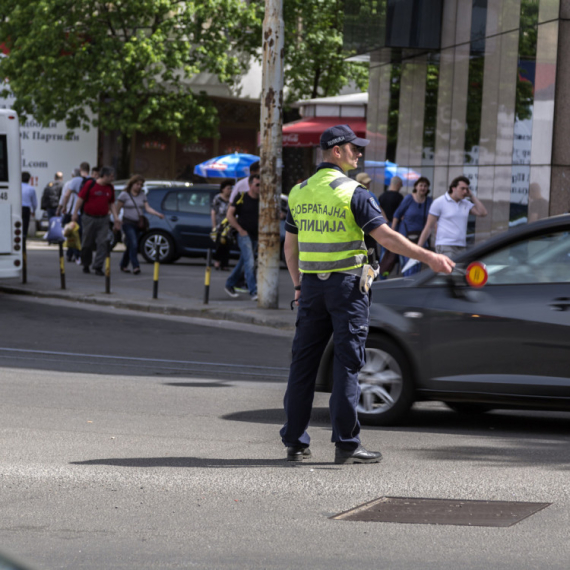

Komentari 1
Pogledaj komentare